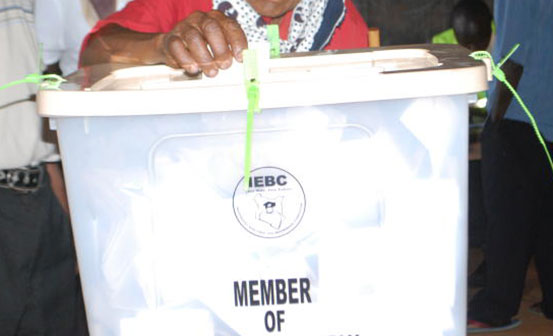×
The Standard e-Paper
Join Thousands Daily

This week, the main Opposition alliance bringing together Raila Odinga, Kalonzo Musyoka, Musalia Mudavadi and Moses Wetang’ula signed a formal unity agreement, but without explicit details of who gets what position.